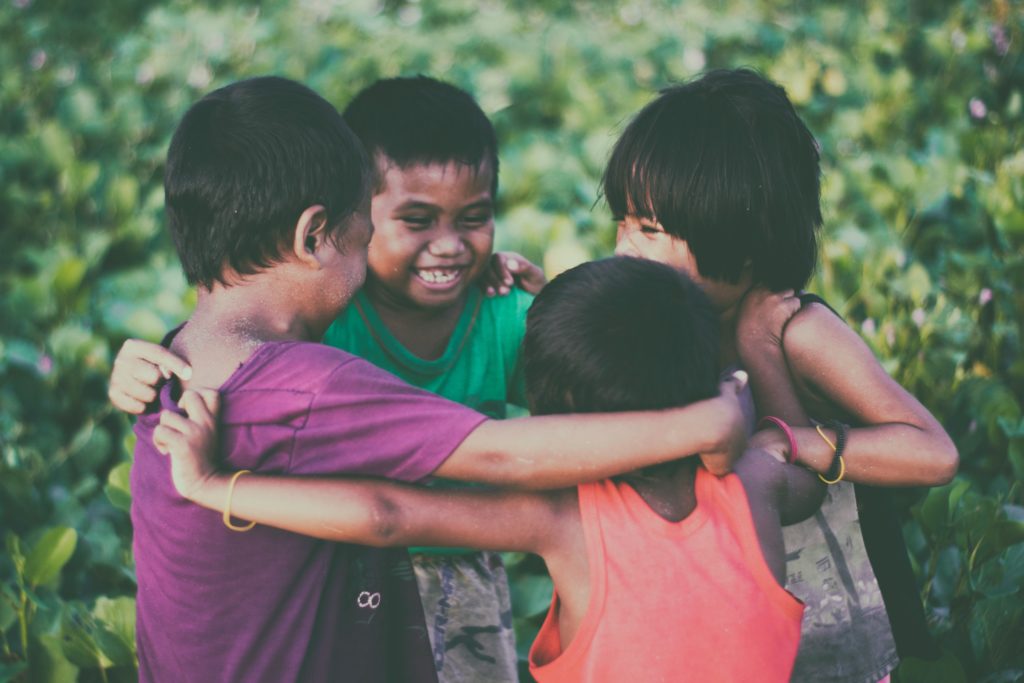Introduction to the Societal Human Values Series
Among his many achievements, the Tibetan Emperor Songtsen Gampo (Srong-brtsan-sgam-po), who reigned 629-650 C.E., promoted a moral code known as the Sixteen Principles of Societal Human Values (Tib.: mi chos gtsang ma bcu drug). His Holiness the Dalai Lama’s translator Thubten Jinpa writes, “Most of these sixteen values have to do with promoting greater societal well-being and living one’s life with dignity, honesty, and respect for others.”
Phakchok Rinpoche has frequently emphasized the importance of living respectfully in society. Therefore he encourages his students to memorize and internalize these sixteen points of conduct to establish a core foundation for our practice of Dharma. If we don’t hold this moral code well, any higher practices that we engage in will be unlikely to bear much fruit.
This is the thirteenth in a series of explanations of these sixteen principles.
13. Having little jealousy (kun la phrag dog chung ba)
Jealousy sneaks up on us in many ways and it can be a tricky mental state to isolate. The Tibetan term (phrag dog) is a translation from the Sanskrit word Īrṣyā. According to the Mahayana Abhidharma, jealousy is one of the subsidiary unwholesome mental factors. The Indian and Tibetan words encompass two separate English terms: jealousy and envy. Jealousy derives from the negative emotion of anger or ill will. Envy also may manifest as resentment or anger, but it may also be mixed with attachment or greed.
O beware, my lord, of jealousy;
—William Shakespeare, Othello
It is the green-eyed monster which doth mock the meat it feeds on.
Jealousy and Envy Invite Suffering
Both jealousy and envy cause us internal pain; we invite layers of suffering upon ourselves. The great English dramatist William Shakespeare invented the “green-eyed monster,” but he was not describing something new. Myths and folktales from all cultures warn against the poison of this mind-set. When we are jealous, we guard our position, our friends or our possessions fiercely and are hostile to others. We suspect others of trying to acquire what we have, and we can react angrily. A classic example might be a small child who jealously guards her toys, refusing to allow other children to play with them. She might also become jealous of her younger brother or sister, angry because they are taking her parents’ attention that she once did not have to share. And we have all witnessed (or experienced) jealousy when a romantic partner seems to be spending time flirting with someone else!
Jealousy Thrives on Comparison
We also build up resentment toward others regarding their position, status, looks, health, or other good qualities. And we often live in a state of constant comparison, judging our accomplishments and situation against others and feeling angry or sad about anything that makes us seem less important. Because our attention focuses on our shortcomings, we may feel like a victim, and see the other as our oppressor. Our jealousy can manifest as a subtle, but burning anger. We may begin to feel hostility toward those who experience better conditions. If we examine our thoughts and even our body closely, we may even sense a visceral agitation in our guts as we compare ourselves to others. When we reflect carefully, we can come to understand how we are causing our own stress and unhappiness when we are jealous.
Jealousy Poisons Our Minds
Jealousy itself makes us feel miserable, but it doesn’t change the other person! Tibetan masters often point out that this self-directed poisonous attitude serves no benefit. We’re wasting time and energy feeding an emotion and others may not even know that we are jealous. We’re poisoning ourselves, and that’s simply sad. Unfortunately, these days our interconnectedness can stimulate our jealousy. If we scroll through our social media feeds and see that others seem to have beautiful houses or cool clothes, or happy, loving families we may begin to feel like we are missing out on life. And even if those people are our dearest friends, we may notice a slight anger or sense that we deserve what they have. But if we aren’t mindful, this small jealousy can cause us to react to people in negative ways. We may start hoping that something bad happens to them, or that they lose prestige, or happiness. And that perspective hardens our hearts.
Poisoned Minds Cause Harm
So if most of the pain of jealousy falls upon ourselves, why did the Tibetan king warn his subjects against it? How does reducing jealousy help society? Because we often allow our poisoned mental states to drive us to action. If we’re angry and resentful that our neighbors or those from the next town have something we want, or achieved something better, then we may react with verbal or physical aggression. We might spread malicious gossip or rumors. Or even worse, we might cause damage or engage in acts of theft or sabotage. Jealousy increases our distrust of others and we stop seeing the equality of our fellow human beings. We’ve seen examples of how family feuds can cause pain and suffering for generations. Tribal resentments can build and lead to outright hostility and even war.
If we scroll through our social media feeds and see that others seem to have beautiful houses or cool clothes, or happy, loving families we may begin to feel like we are missing out on life.
If we are driven by jealousy, we may also fall prey to covetousness. We covet when we really want to have another’s situation or possessions. And this goes beyond mere wishing we had a car, for example, to feeling driven to acquire our neighbor’s new ride. We feel that we deserve something bigger, better, shinier, or newer than our friends. Driven by this covetousness, we say we “deserve” to have something that belongs to another. And often we stop seeing the other person as deserving as well. With this mind-state, we can’t celebrate others’ good fortune without focusing on our own unmet desires. In traditional Buddhist teachings, jealousy and covetousness refer to slightly different emotional states. Jealousy derives from the negative emotion of anger or ill will, whereas when we are driven by covetousness, our focus is on getting something.
Learn to Rejoice
But the good news is that we can train ourselves to tame the green-eyed monster. By practicing mindfulness, we can catch ourselves as jealousy arises and immediately seeing how ridiculous the situation is. Over time, jealous feelings will still arise, but we can see through them quickly and laugh at our own reaction. When we have confidence that jealousy only hurts our mind, we don’t fall for the game anymore.

When we practice seeing others as our equals, we can learn to rejoice in their successes and achievement. As we gradually train in reducing jealousy, we become happier and content and we genuinely wish others deep happiness. We celebrate others and reduce our self-centeredness. And the miracle happens: our tight hearts relax!
SHARE WITH US
We’d be very interested in hearing from you about how your practice of rejoicing and seeing others as equal has reduced your jealousy. What issues have you confronted in this process? Please share in the comments section below!










Responses